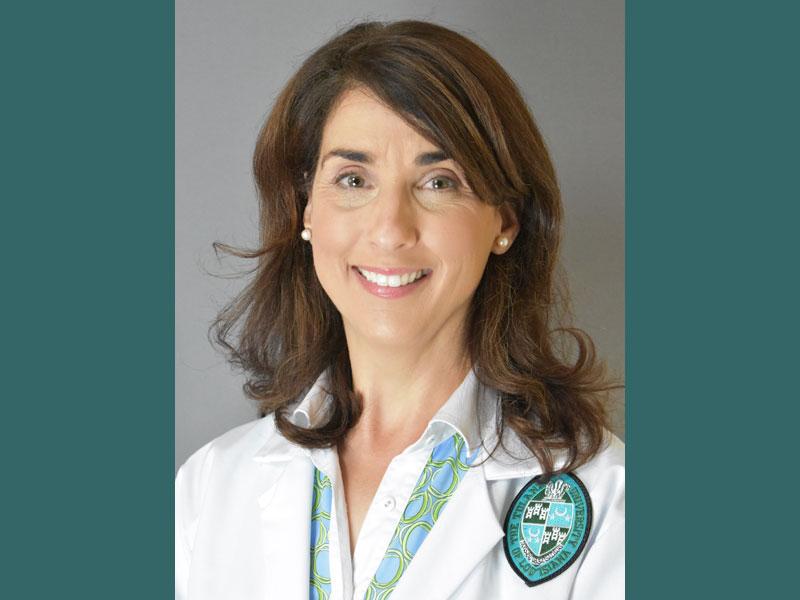Clinic offers hope for COVID-19 long-haulers
The calls began late last summer. Patients were making appointments to see Tulane clinical neurologist Michele Longo, MD because things weren’t right — and they couldn’t put their finger on why.
They were forgetting things and couldn’t concentrate. Some had headaches or felt tired all the time. All had previously had COVID-19, but they were dealing with lasting symptoms months after they no longer tested positive for the virus.
“They didn't know who to reach out to,” said Longo, assistant professor of neurology at Tulane University School of Medicine. “And many patients were frustrated with the health system. Who do you go to when you have fatigue and brain fog?”
Roughly 10% to 30% of those who get COVID-19 have lasting symptoms. These so-called “COVID long-haulers” experience a range of symptoms, including headaches, fatigue, brain fog, loss of taste or smell, dizziness, shortness of breath or muscle pain.
Longo and Gregory Bix, MD, director of the Clinical Neuroscience Research Center, started the Tulane Neurology Post-COVID Care Clinic in November to treat a growing number of patients with unexplained neurological issues related to the disease.
“Many of the symptoms patients have been reporting are intermittent, which can lead to skepticism from employers and even family and friends. By establishing the Tulane Neurology Long COVID Clinic, we wanted our community to know that we are interested in guiding and coordinating care for patients with long COVID.”
Demand has grown so much that the clinic now has four additional providers: Drs. Demetrius Maraganore, Kristina Lafaye, Angela Traylor and Rana Abusoufeh.
The clinic conducts a thorough assessment of each patient to first determine if there are other potential causes for their symptoms. They work with a team to provide individualized care.
“There's not a specific drug or specific treatment for long COVID,” she said. “We provide support for the symptoms. If the patient is having problems with fatigue or muscle aches, physical therapy is a big part. In the therapeutic team, we work very closely with speech therapists and cognitive therapists for patients with brain fog. For fatigue, we work with our occupational therapists to help patients learn how to conserve energy in their day. Many patients are having issues with anxiety, depression or PTSD. We work closely with our mental health professionals to help them. Some of the patients need to see cardiologists or pulmonologist for shortness of breath or physical medicine and rehabilitation for some of their fatigue issues. We collaborate closely with multiple healthcare providers in the care of these patients.”
The National Institutes of Health recently gave a name to the constellation of symptoms doctors are seeing: post-acute sequelae of SARS-CoV-2 infection (PASC). Researchers are still trying to determine what causes it. Some think the disease could be caused by an autoimmune response so the body turns on itself. Others think the symptoms could be from the virus hiding in reservoirs or from vascular damage from the initial infection that takes time to heal.
Fortunately, most long-haulers do get better with treatment, Longo said. But doctors still can’t say how long it takes to fully recover.
“We do not yet understand the biology behind long COVID and can’t predict which patients are likely to get it or how quickly they may recover. However, we are working with multiple researchers at Tulane and with other long COVID clinics across the country to better understand the most effective treatments.”
More information about the Tulane Neurology Post-COVID Care Clinic is available at https://tulanedoctorsneuro.com/post-covid-care-clinic/.

